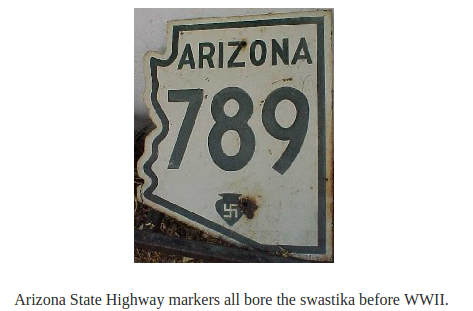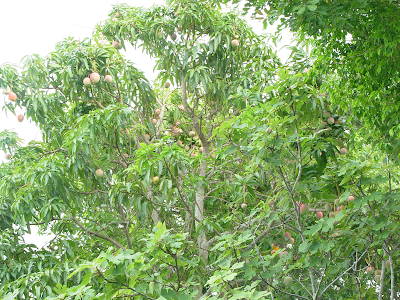Moscow-City at night
Source: Putin’s Russia: Rich are facing cash-out conundrum
First Published Nov 13 2015 05:15PM
•
Last Updated Nov 13 2015 05:15 pm
Moscow
It's been a quarter century since the fall of the Soviet empire triggered one of history's greatest wealth transfers.
Now bankers are preparing for another as Russia's first generation of capitalists makes way for the next.
Confidential surveys of dozens of millionaires and billionaires conducted since European and U.S. economic sanctions began last year show Russia's wealthy are finding little support within the country's legal framework to pass down businesses. A majority say they're taking the issue of succession seriously for the first time.
"Owners of major enterprises are basically hostages," said Alena Ledeneva, a professor of politics at University College London, who has studied the workings of power networks in Russia for two decades. "They can suggest their kids as hostages to take their place, but only Putin's system will decide whether to incorporate them or not."
The result could be a surge in transactions for Russian businesses in coming years, according to Phoenix Advisors, a Moscow-based investment firm that helps entrepreneurs navigate succession and transition planning challenges.
Half of the respondents to a PricewaterhouseCoopers study released in 2014 said they plan to sell their holdings, more than double the global average.
More than half the respondents to a survey from the Moscow Skolkovo School of Management Wealth Transformation Centre that was released in February believe that "large Russian companies will not become family dynasties."
The PwC study surveyed 2,484 executives and directors in 40 countries, including 57 in Russia. The Skolkovo survey surveyed 39 Russian business leaders.
The center is based in a tech and educational hub in Moscow championed by Prime Minister Dmitry Medvedev and supported by billionaires Viktor Vekselberg, Roman Abramovich, Alexander Abramov and Petr Aven, who are part of its affiliated experts group.
President Vladimir Putin's spokesman Dmitry Peskov didn't respond to requests for comment.
For the country's richest people it's a pricey problem.
The 22 Russians on the Bloomberg Billionaires Index daily ranking of the world's 400 wealthiest people control about $200 billion combined and more than half of that — $115 billion — is tied up in closely held or publicly traded companies operating in Russia.
The problem they face is one that's unique to the country's particular brand of capitalism.
Russia's tradition of dynastic wealth ended when the Bolsheviks swept to power a century ago, and the post-Soviet economy that has been shaped under Putin favors cultivated personal relationships and a mastery of rules that are for the most part unwritten.
"The combination of an aging generation of entrepreneurs with the tendency to exit rather than pass on to the family is a specific characteristic of the Russian market," said Ilya Solarev from UBS Wealth Management, which manages nearly $500 billion for high net worth individuals.
As a result, the vast majority of wealthy Russians have had to nurture ties to people with various kinds of power — from lawmakers and tax officials to regulators and other owners — for years and even decades.
This creates a form of "intangible capital" that can't be "automatically transferred to the next generation," the Skolkovo center said.
"The most important thing is law enforcement," one respondent is cited as saying in the survey. "Why earn another billion if the first one will be seized?"










Comments